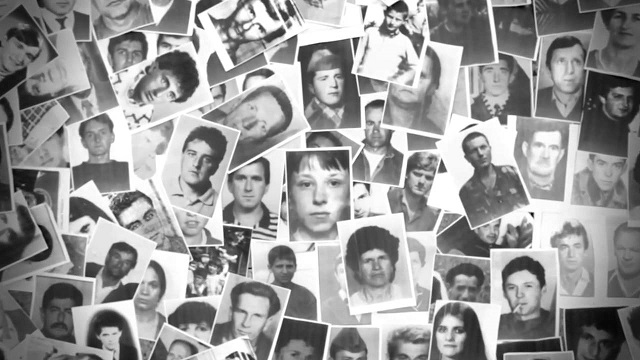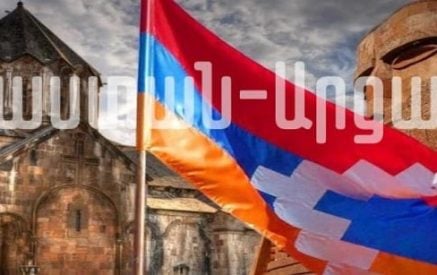Yerevan (ICRC) – Today, 30 August marks the International Day of the Disappeared (IDoD). The issue of missing persons remains one of the most damaging and long-lasting humanitarian consequences of armed conflicts, other situations of violence, disasters, or migration. Every year, this day is an opportunity to stand in solidarity with the families of missing persons. We want these families to know that they are not alone, that their loved ones are not forgotten, and that we will continue to do our outmost to help them obtain the answers and support they deserve.
It is also a day to reaffirm the value of international humanitarian law (IHL) and international human rights law (IHRL) in addressing the issue of missing persons. An effective action is required to prevent persons from going missing and being forcibly disappeared, to allow separated families to stay in touch and be reunified, to clarify the fate and whereabouts of the missing, to protect the dignity of the deceased, and to address the various needs of the affected families. It is a day to underline the importance of upholding IHL and IHRL.
Families have the need, and the right, to know what has happened to their loved ones. They play a crucial role in keeping the issue of their missing relatives at the center of political debates in their search to find answers, and it is key that authorities support them throughout this painful process by responding to their multifaceted needs.
“Waiting is very painful. I have been waiting since the first day of the war, and I will never stop because I will start living again when my son Tigran returns home”, says Liana Arzumanyan, whose son went missing in connection with the conflict escalation in 2020.
In Armenia, we systematically engage with relevant government institutions, notably the Interagency Commission on Prisoners of War, Hostages and Missing Persons, to support their efforts to clarify the fate of the missing persons. In November 2022, we launched the Accompaniment Program for the families of missing, based on our prior assessment of the needs of families whose relatives went missing in connection with the conflict escalation in 2020. Through this program, families receive psychosocial support, prospects for economic assistance, awareness raising regarding their rights, enhanced access to existing services, and empowerment to advocate for themselves and their family members. In addition, we keep providing technical and material support, including forensic expertise, to state authorities and forensic facilities to enhance their preparedness and response for preventing disappearances in conflict and other emergencies.
According to the information shared by the respective families to the ICRC, since the 1990s, currently in the region approximately 1,000 Armenians and approximately 4,000 Azerbaijanis are missing in relation to the conflict. As a neutral, impartial, and independent humanitarian organization whose exclusively humanitarian mission is to protect the lives and dignity of victims of armed conflict and other situations of violence, the ICRC remains committed to supporting the families and the authorities to clarify the fate of the missing persons.


























































